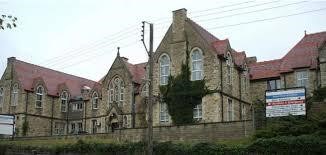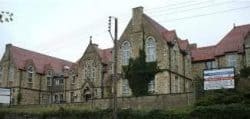Historical records show us that people have lived in the Stroud area for thousands of years. Sites like the neolithic burial chambers dating back thousands of years show that our earliest ancestors had dwellings in Stroud and the surrounding area.
From around the 16th Century, the small settlement of Stroud and the surrounding villages started to develop much more quickly. More buildings started to be built, many of which can still be seen in the area today, dating back to the 16th and 17th Century. The large number of buildings that date back to this time is what gives historians a clue to the time that Stroud started to quickly grow. The rivers and the streams around the area provided a means of transport long before the canals were built that allowed the principal export of stroud – wool – to be transported elsewhere.
Canals started to be built in the late 18th century, linking some of the smaller streams and waterways in Stroud to large rivers like the Severn and the Thames, which allowed more of the wool and cloth produced by the town to be exported further afield to places like London and Bristol, with greater ease. As well as the canals, the stagecoach services were also used to transport cloth to London, and in the early 19th Century, many people in Stroud worked in the road transport industry. This also allowed for coal to be transported into the Stroud valleys to supply more homes and businesses.
This caused another huge growth in the town’s population in the 19th Century – in fact, over this time the town population doubled in size, as more work was available in the town, ready to supply the large cities of the UK. When the industrial revolution occurred, this further increased the need for these materials, making Stroud an important industrial area. Walking around Stroud, it is easy to see where the older stone buildings sit next to the Victorian era modern brick buildings.
Through the early and mid 20th Century however, the country changed more, and the modern railways and lower need for the produce of the town meant that some of the people in the area suffered in poverty. However, Stroud weathered the storm, and has reinvented itself to become the unique bohemian town that we know today.
Stroud is once again a bustling town – the old industries can still be found around the town, but it is also home to many different businesses – from acupuncture practitioners to this Stroud business coach www.randall-payne.co.uk/services/business-advisory/business-coaching
Stroud also holds a very popular farmers market on a Saturday, when fresh local produce can be purchased. From locally made wines, to vegetables, meats and cakes, it attracts thousands of visitors and is one of the largest farmers markets in the UK.



